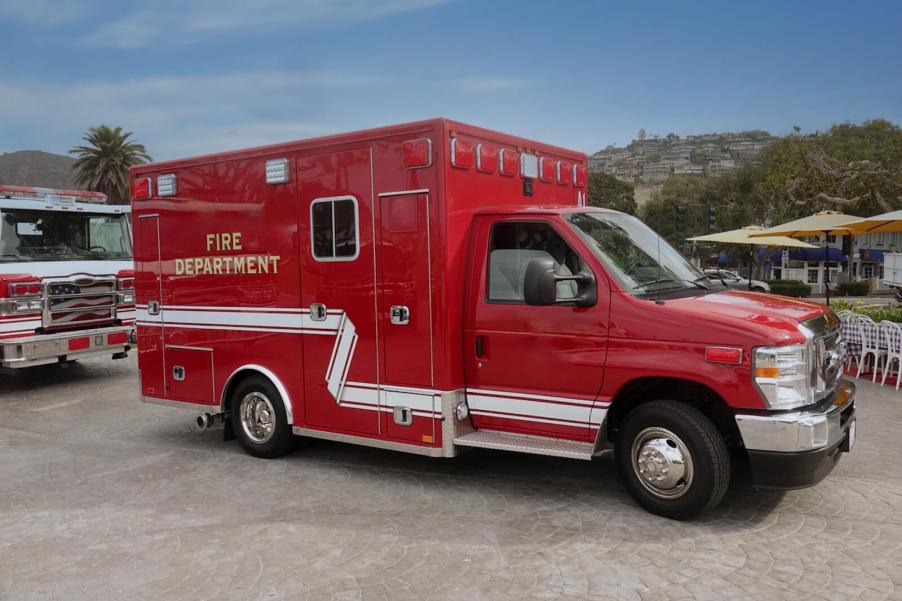
Do These 5 Things Before You Become an Ambulance Driver
So you’ve decided that you want to serve on, or at least drive, an emergency vehicle. Specifically, you want to become an ambulance driver and help ensure the safety of your community. That’s awesome. But you should know a few things before you apply to your local fire department, EMS agency, or medical transport outfit.
Becoming an ambulance driver is more complicated than simply driving a truck
At its core, an ambulance is a truck. Bigger than many? Yes. Loaded with expensive life-saving gear? You bet. But it’s still a truck. An ambulance driver, on the other hand, is more than just a truck driver. As such, there are a few things you should consider before you apply.
- Study emergency medicine
- Learn the highways and surface streets in your area
- Know the location of the hospitals in your area
- Consider a ride-along if your would-be department allows it
- Understand that your job isn’t simply driving
It is unlikely that you will find any occupation involving service on an ambulance that doesn’t include, at the very least, an emergency medical technician basic (EMT-B) certification. As a result, you should acquire a study guide and learn about emergency medicine. More commonly, a department or agency may require you to already hold an EMT certification before applying.
The last thing you’re going to want in a life-threatening, code-three emergency is your GPS to fail. Frankly, you should know as many of the surface streets and highways as possible. Moreover, you should memorize and save the locations of every hospital in your area to avoid confusion when you can’t afford it.
Finally, understand that your job isn’t just ambulance driver. You are part of an emergency medical system with a multitude of functions to protect the community.
In fact, many fire departments operate fire apparatuses and ambulances. Consequently, many of the personnel who drive ambulances are firefighter/EMTs or firefighter/paramedics. As such, you may also require firefighter training to get an ambulance assignment. Fortunately, many larger departments conduct in-house academy classes. Getting selected for one? That’s another prospect altogether.



